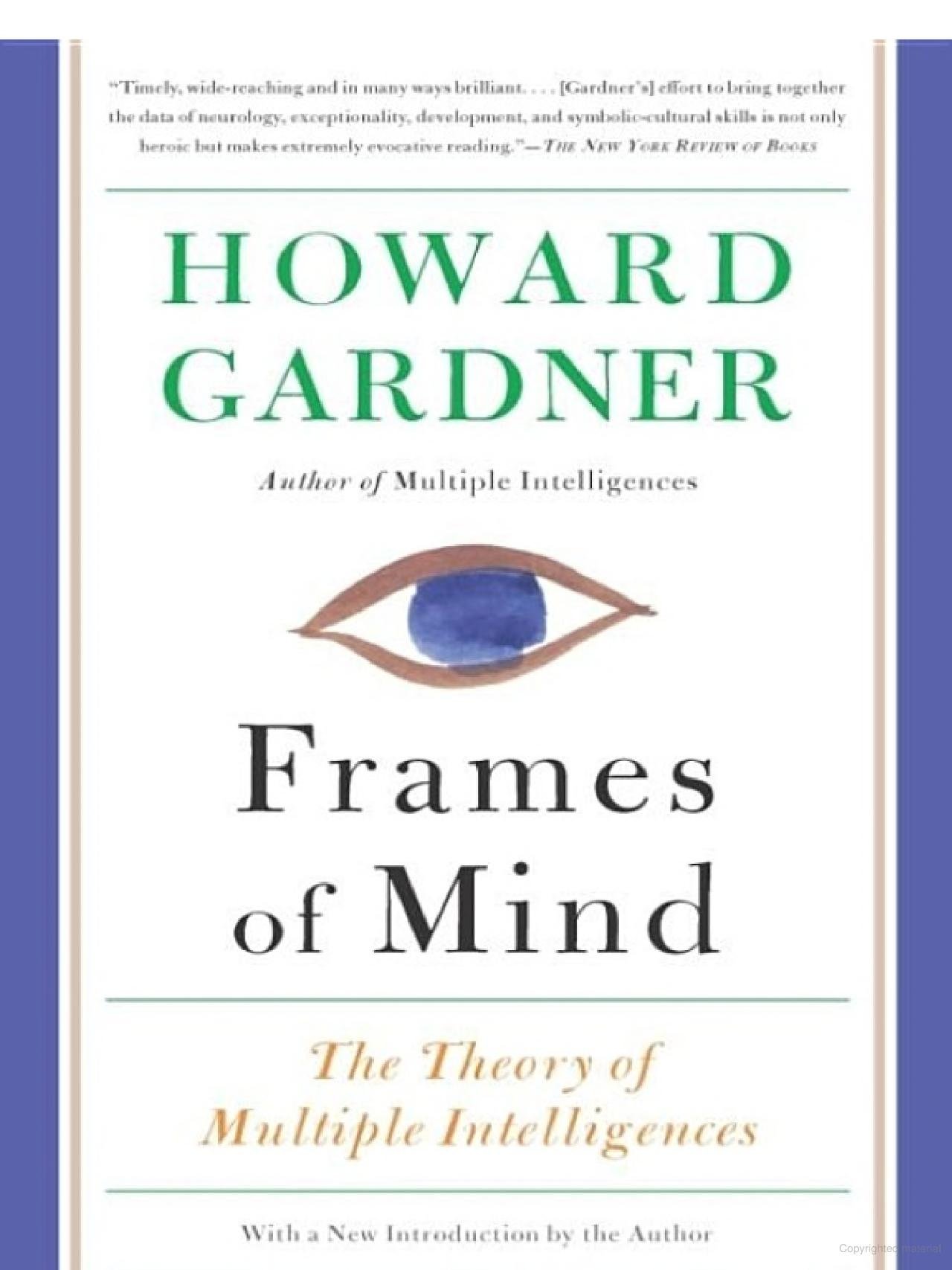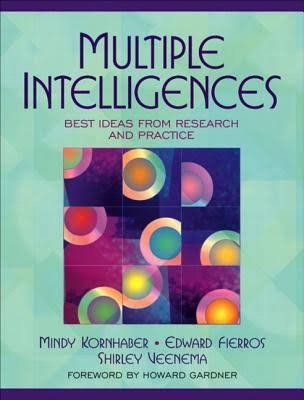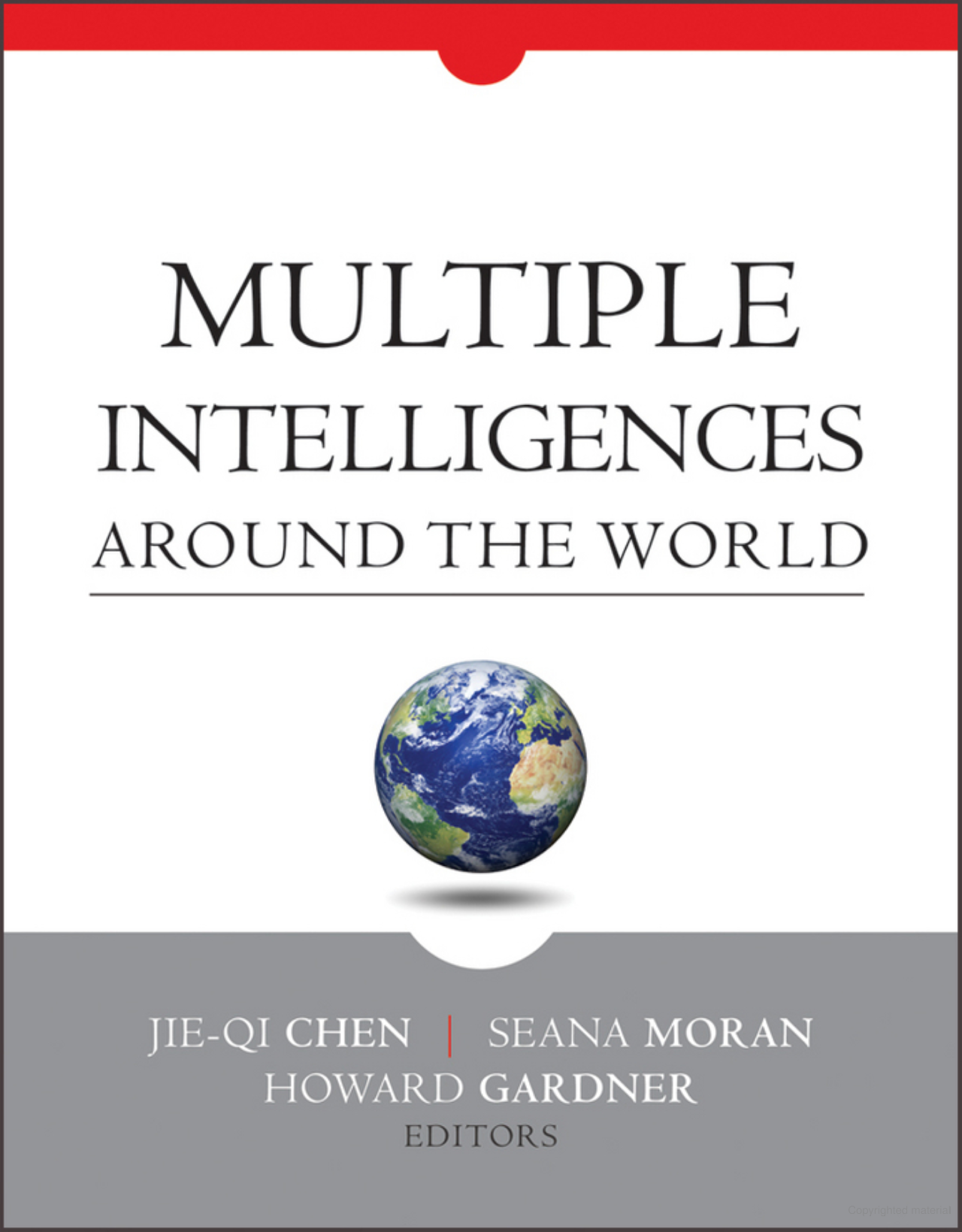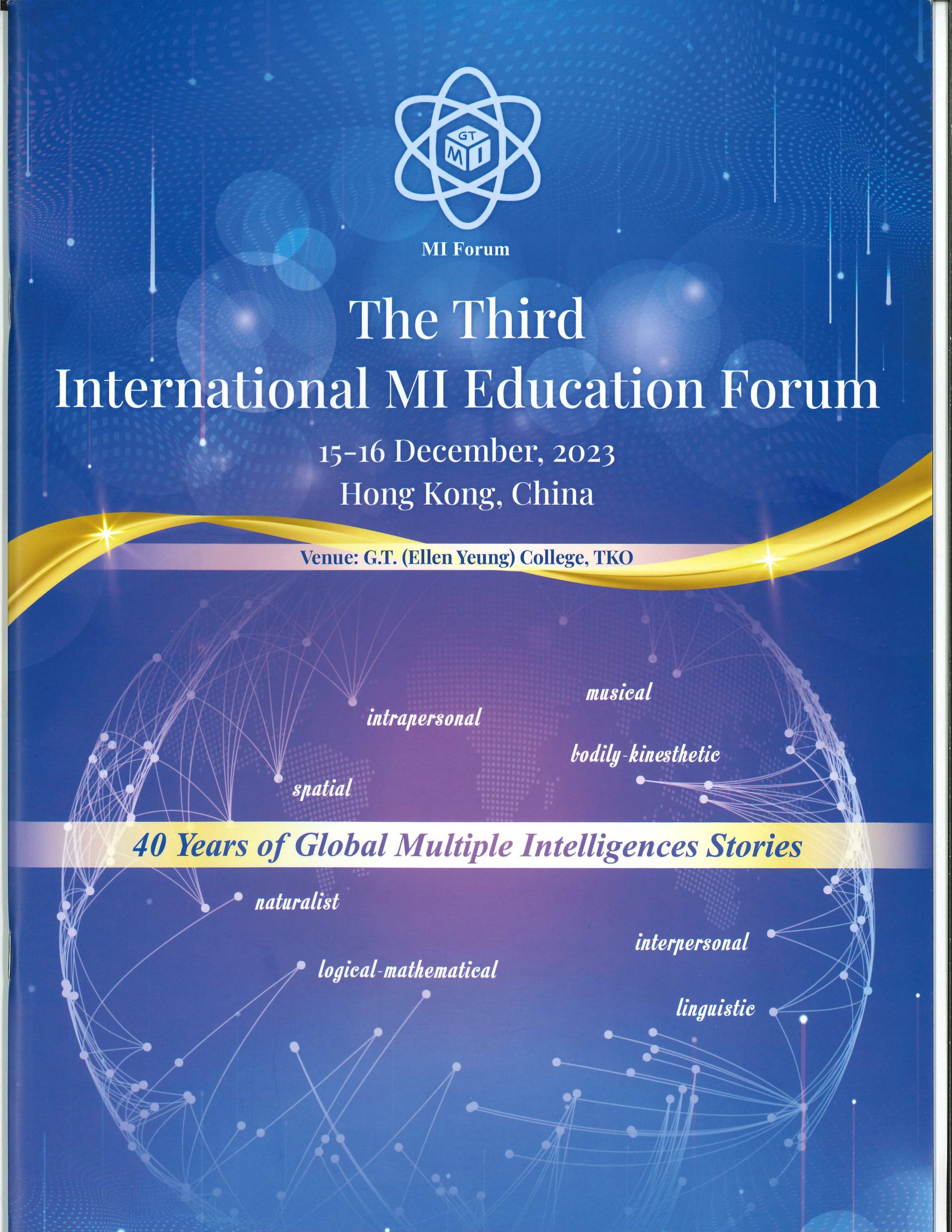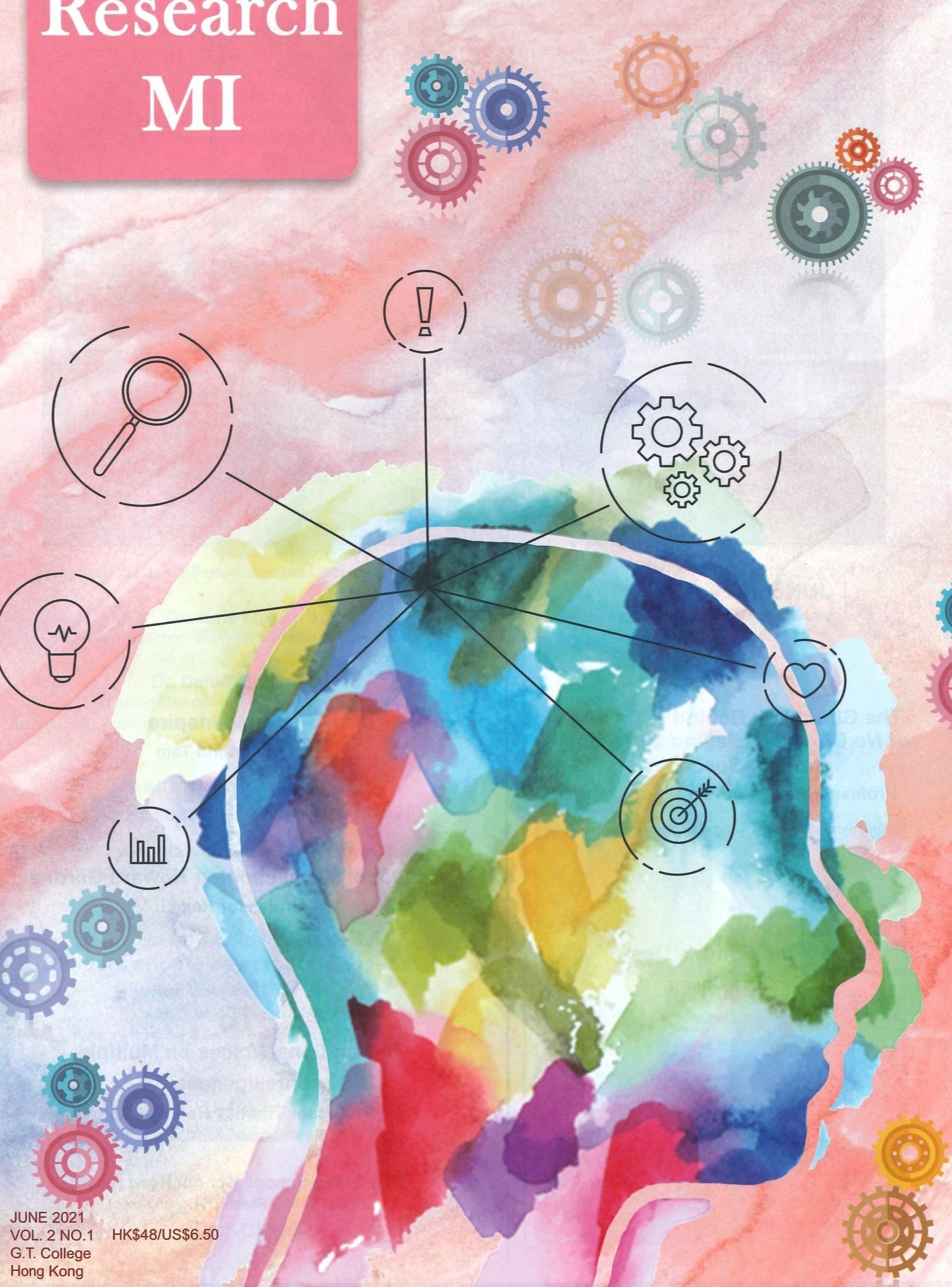Howard Gardner © 2024
My friend Jim claimed that Person A was more successful than Person B. I responded: It depends on what you mean by success, there are various kinds of successes.
Jim: Are they like multiple successes, one for each intelligence?
My response: Let me think about it.
So, here’s what I thought.
My original claim—now more than four decades old—is that it is erroneous to think of only a single intelligence on which you can rank all people. Human beings are better thought of as having several intellectual faculties—I think of them as separate computers or computational systems—and the strength of one computer does not reliably predict the strength of another computer.
Measuring intelligences is not as straightforward as measuring height or weight. Yet, at least in principle, one ought to be able to measure an individual’s musical or interpersonal or spatial intelligence, designating their strength in these and other intelligences. And this measurement can and should be done by disinterested third parties using reliable instruments.
Success seems to me to be a different kind of construct. To be sure, if one likes, one can objectify successes in the same way that one objectifies intelligences: How much money does the person have? How well-known is the person? How admired is the person? Is the person remembered after he/she died and, if so, how?
But unlike intelligence(s), I don’t think success is an independent variable on which one can simply rank order persons.
Put directly, success is a subjective construct. What matters most is what the individual himself or herself values as being important in life.
What counts as success can be at least as varied as intelligence. One may choose to valorize whether one has achieved, what one wants to achieve, what one’s parents wanted, or what one’s parents did not want, whether one is esteemed by others, whether one is liked, or even whether one has the appropriate enemies.
Perhaps most pivotal, what one chooses to count as success may and usually does change over the course of one’s life. As David Brooks has evocatively phrased it: There is resume success and there is eulogy success.
So, I hear Jim’s voice: But can’t we objectivize success, and can’t we subjectivize intelligence?
My answer: Yes, we can if we want to. We can say that success must be measured in terms of recognition by others, for one’s achievement. And intelligence can be considered subjectively—perhaps I think I am smart because I have figured out a way to fool my parents, and I can prove to them that I am successful because I have more money in the bank than they do. Or, more outlandishly, I can say I am intelligent because I can solve the crossword puzzle with either hand.
But in so doing, I believe that I have undermined a crucial distinction between these constructs. At least in principle, the world of scholarship could produce a convincing account of the range of human intellectual capacities; any other claims would be seen as idiosyncratic.
In contrast, while the world of scholarship can certainly produce various measures of success, these will miss a crucial distinction. In the end, success is chiefly in the eye of the beholder and that vision can and perhaps should change over the course of one’s life.
In a phrase: Intelligences can be independently assessed; success is essentially a subjective construct.





